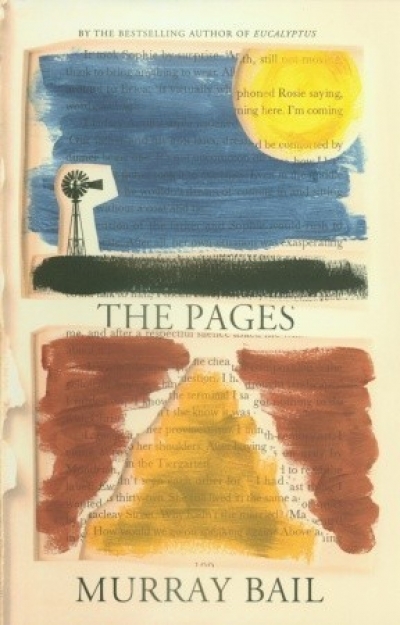Archive
Stunned Mullets and Two-pot Screamers: A dictionary of Australian colloquialisms, Fifth Edition by G.A. Wilkes
The Literacy Wars: Why teaching children to read and write is a battleground in Australia by Ilana Snyder by Ilana Snyder
Nation-building, educational imperatives, old-fashioned economics: children’s books get published for a variety of reasons, none of which alone is a guarantee of quality. Ultimately, a picture book’s success or failure comes from within, the interplay of the words and pictures on the page, and children have a wonderful way of reading around the institutional pathways constructed for them by authors and publishers. Why walk next to a wall when you could run along the top?
... (read more)Patrick Allington replies to John Carmody
Dear Editor,
I sort of but don’t exactly agree with John Carmody, who sort of but didn’t exactly agree with my mixed review of Tony Jones’s edition of The Best Australian Political Writing (May 2008). Carmody suggests that the anthology should have been called ‘Best Political Journalism’ because it ‘completely lacks’ academic writing or reflective essays. I agree that the book was journalism-heavy, but there’s nothing to be gained by overstatement. It also included a number of longer essays, the best of which were intelligent, learned, thought-provoking and impassioned.
... (read more)







